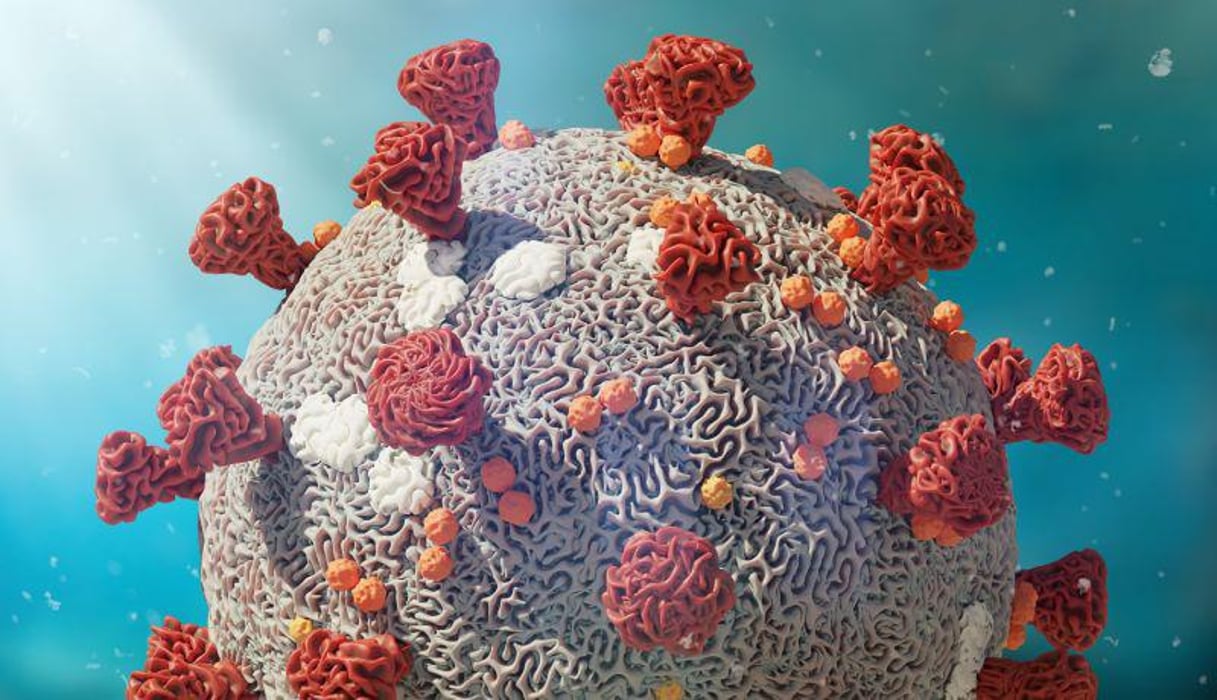Severe COVID-19 Rates Low With Monoclonal Antibody Therapy During Delta Surge

WEDNESDAY, July 6, 2022 (HealthDay News) -- Real-world data show that the rates of severe disease were low among high-risk patients with mild-to-moderate COVID-19 who received treatment with antispike monoclonal antibody products during the delta surge, according to a study published online June 22 in the Mayo Clinic Proceedings.
Raymund R. Razonable, M.D., from the Mayo Clinic in Rochester, Minnesota, and colleagues conducted a retrospective study of high-risk patients to compare the clinical outcomes of bamlanivimab-etesevimab, casirivimab-imdevimab, and sotrovimab treatment of mild-to-moderate COVID-19 during the delta surge (Aug. 1 to Dec. 1, 2021).
Of the 10,775 participants, 287 (2.7 percent) developed severe disease that led to hospitalization, oxygen supplementation, or death within 30 days after treatment. The researchers found that the rates of severe disease were low among patients treated with bamlanivimab-etesevimab, casirivimab-imdevimab, and sotrovimab (1.2, 2.9, and 1.6 percent, respectively). The higher rate of severe outcomes among casirivimab-imdevimab-treated patients might possibly be due to lower COVID-19 vaccination rates in that cohort. Patients treated with the antispike monoclonal antibody products had comparable intensive care unit admission rates (1.0, 1.0, and 0.4 percent, respectively).
"The improved clinical outcomes are shown for all three monoclonal antibodies that were used during the delta surge. That surge has passed, and we're now dealing with omicron and its variants," Razonable said in a statement. "But the lessons learned from the delta experience are still true: Diagnose early, treat early with monoclonal antibodies, and the risk of severe disease will be reduced."
Abstract/Full Text (subscription or payment may be required)
Related Posts
Patients Say Ketogenic Diet Aids Multiple Sclerosis Symptoms
MONDAY, Aug. 21, 2023 (HealthDay News) -- Patients report that a ketogenic diet...
Mystery of Pediatric Hepatitis Cases Deepens as CDC Probe Continues
FRIDAY, May 20, 2022 (HealthDay News) -- Evidence continues to mount that a...
AHA News: Cómo el agotamiento laboral puede afectar tu salud, y qué hacer al respecto
MIÉRCOLES, 12 de octubre de 2022 (American Heart Association News) -- Más veces...
EE. UU. experimenta una escasez significativa de fórmula infantil
VIERNES, 8 de abril de 2022 (HealthDay News) -- Los problemas con la cadena de...
